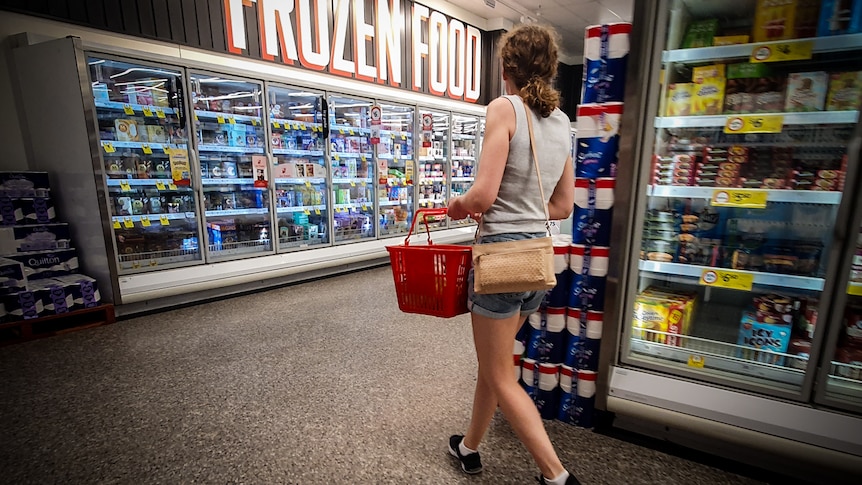
The Chief Operations and Supply Chain Officer for Coles, Matt Swindells, has raised alarms over the escalating rate of retail crime in Victoria, revealing that a staggering 71% of all such incidents within their stores occur in the state. Swindells has called upon the Victorian state government to “step up” and implement legislative changes to curb these rising figures.
In response to the growing issue, Coles has begun investing in advanced technologies, including body-worn cameras, as a deterrent against theft. This move underscores the retailer’s commitment to safeguarding its premises and staff amidst an increasingly challenging retail environment.
Retail Crime: A Growing Concern
Swindells’ comments come at a time when the Coles store in Prahran has adopted an unconventional approach to mitigate anti-social behavior by playing opera music. This initiative is part of a broader strategy to create a more secure and pleasant shopping experience for customers and employees alike.
The announcement comes as retailers across Australia grapple with a surge in shoplifting and related offenses. According to the Australian Retailers Association, retail crime costs the industry billions annually, affecting not only profits but also the safety and morale of retail workers.
Calls for Legislative Reform
Swindells’ appeal for legislative intervention highlights a growing frustration among retailers who feel current laws are insufficient to deter would-be offenders. “We need the government to change legislation,” Swindells emphasized, pointing to the need for stronger penalties and more effective enforcement mechanisms.
Meanwhile, other industry leaders have echoed these sentiments, urging for a comprehensive review of existing laws. The Retail Council of Australia has been advocating for reforms that would streamline the prosecution process and increase penalties for repeat offenders.
Expert Opinions and Historical Context
Experts in criminal justice and retail security have weighed in on the issue, suggesting that a multifaceted approach is necessary. Dr. Emily Carter, a criminologist at the University of Melbourne, argues that while technology can play a role, it is not a panacea. “We need to address the root causes of crime, which often include socio-economic factors,” she noted.
Historically, retail crime has fluctuated in response to economic conditions. During the global financial crisis, for instance, many countries saw a spike in shoplifting as economic pressures mounted. The current rise in retail crime may similarly be linked to broader economic uncertainties and the cost-of-living pressures facing many Australians.
Looking Ahead: Potential Solutions
As Coles and other retailers continue to innovate in their approach to security, the question remains whether legislative changes will follow suit. The Victorian government has yet to respond directly to Swindells’ comments, but discussions around retail crime and public safety are expected to intensify in the coming months.
For now, retailers are left to navigate the complex landscape of crime prevention, balancing technological investments with calls for policy reform. As Swindells and his colleagues at Coles continue to advocate for change, the broader retail community watches closely, hopeful for a resolution that will enhance safety and security for all.





